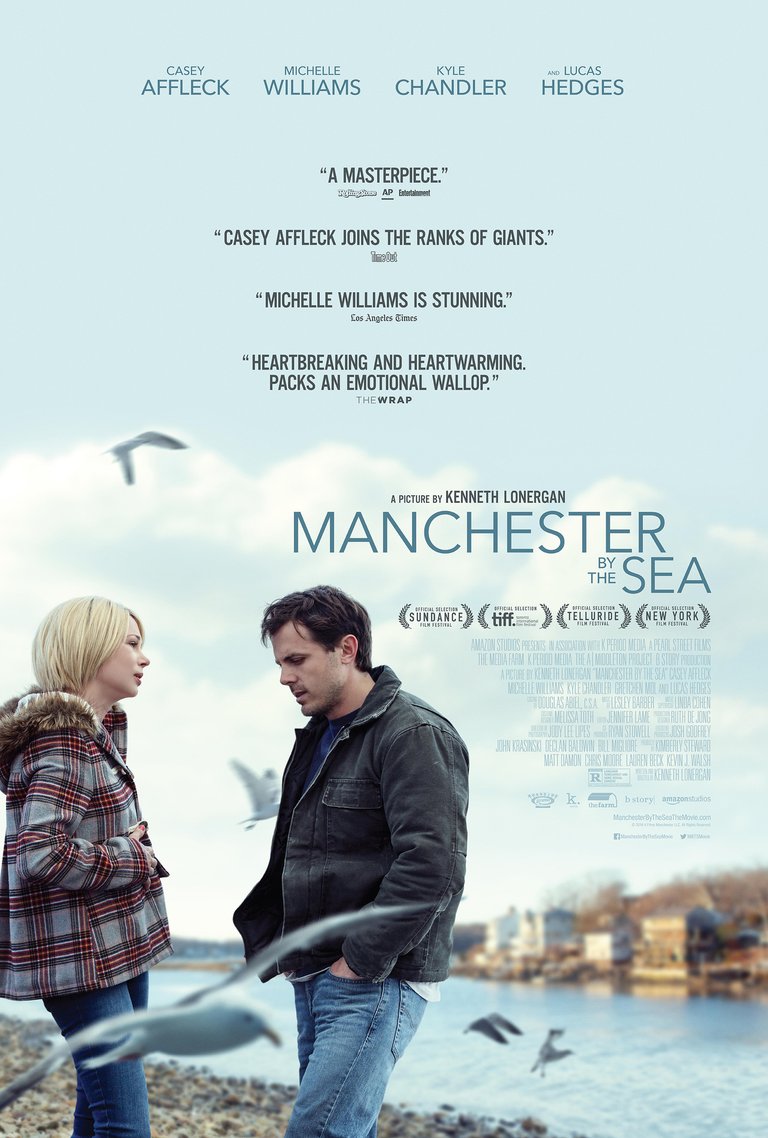The reason that the film's directing method touched me deeply is because 'forcedness' is excluded. Instead of bursting out a tragic story that could easily lead to a 'new wave code', he 'naturally' feels the emotions he is arbitrarily suppressing while standing slightly aside. Looking at the series of scenes where he constantly stares at something without a word, impulsive fist fights at a bar, stands alone in a room and suddenly breaks a window with his fist, and gets angry without incident at the hurling of a passerby, the inside of this man is You find out that it is already inflated like a balloon. So, even if you just poke it with a needle, it will soon be replaced with an uncontrollable amount of anger. So the man learns to 'control himself', which is 'lethargy and expressionlessness'. This is because the trauma that bursts in an instant while trying to feel the complete 'emotion' keeps his existence tied to the past.

The main characters of the film are actually uncle 'Lee' and nephew 'Patrick'. They each have the pain of loss, and they quarrel over and over again because of an unwanted companion. The moment he first realizes that he, as his uncle, has to be Patrick's guardian, 'Lee' doesn't readily accept that fact, but on the contrary, he doesn't either. At that moment, a scene reminiscent of the 'good days' of the past is inserted through a flashback, which can be viewed as a somewhat improbable appearance, but it in itself allows the audience to infer the complex feelings of 'Lee'. His life in the 'present' is very difficult and dangerous, but when he remembers the memories he had with Patrick in the 'past', he can't just throw this child away. It is a responsibility as an adult and at the same time a sincere 'love' for a nephew. After that, several flashbacks are used to effectively convey the reason for the 'justice' of the current person. In addition, there are often scenes that capture the winter landscape of Manchester as short as a still life, which contrasts with the fact that 'nature' and the space of Manchester have not changed in the past or present, regardless of the suffering of the characters. By doing so, the audience can feel strangely multiplying the 'loneliness' each time they watch the scenes in turn. I really liked the way of expressing 'emotions' through 'eyes' without any other explanation.
One day, when Patrick opens the freezer and sees the frozen meat pouring out, he bursts into tears and can't control his emotions. This is a boy who 'appeared to be okay' or 'appeared to be waking up' in spite of his father's sudden death. This fact is a scene that shows that we are faced with a great ordeal that we cannot bear. In the end, Lee goes to his older brother's friend, 'George', and asks him to adopt him. I can't beat it. I can't beat it. I'm sorry. say Although it is sad that he has no choice but to hand over his nephew to someone other than his family, Lee's 'heart' is finally understood and our hearts are locked again. The appearance of his ex-wife Randy (Michelle Williams) is a very important scene in Lee's tumultuous life. As they build a harmonious and harmonious family, they lose everything in a moment's mistake, so Lee sees the face of Randy (even with her new husband) who he stumbles across on the way to her brother's funeral. It is uncomfortable and uncomfortable to even look at. They end up in tears as they both express their regret for the hurt at that time, but Lee hurriedly avoids the place, grabbing her breasts with difficulty. The movie ends with a scene where he and his nephew are fishing for the first time in a long time, and we look at that scene with a little hope. Like Lena and Patrick, their lives are not going to get any worse, but they nevertheless feel that they will move forward, metaphorically, that they will eventually flow like a calm wave in Manchester.
In addition, even though he may not be able to completely overcome the trauma that comes from there, he
is bound by a sense of loss and hopes that he will not live the rest of his life with the helplessness he had before.